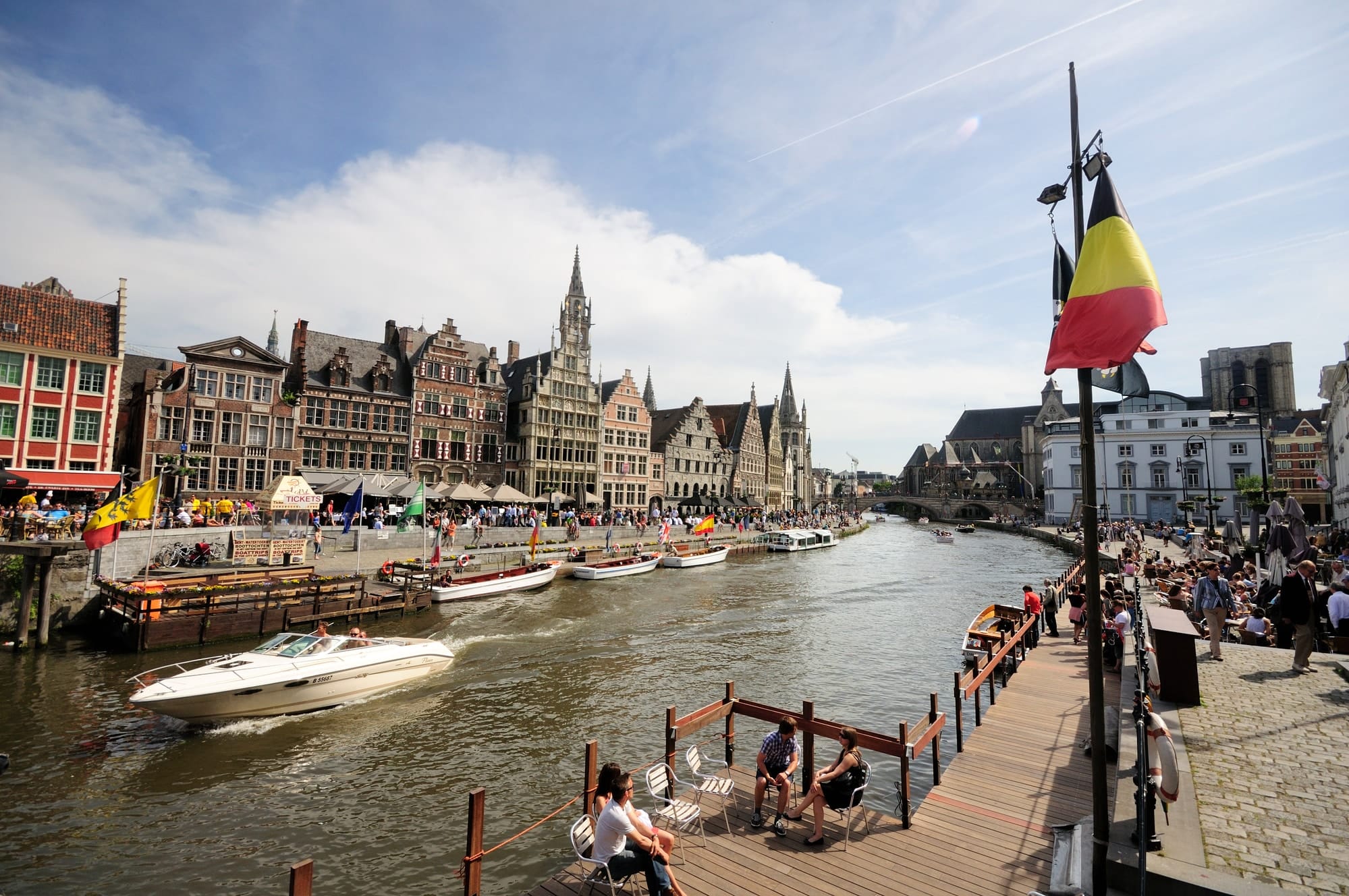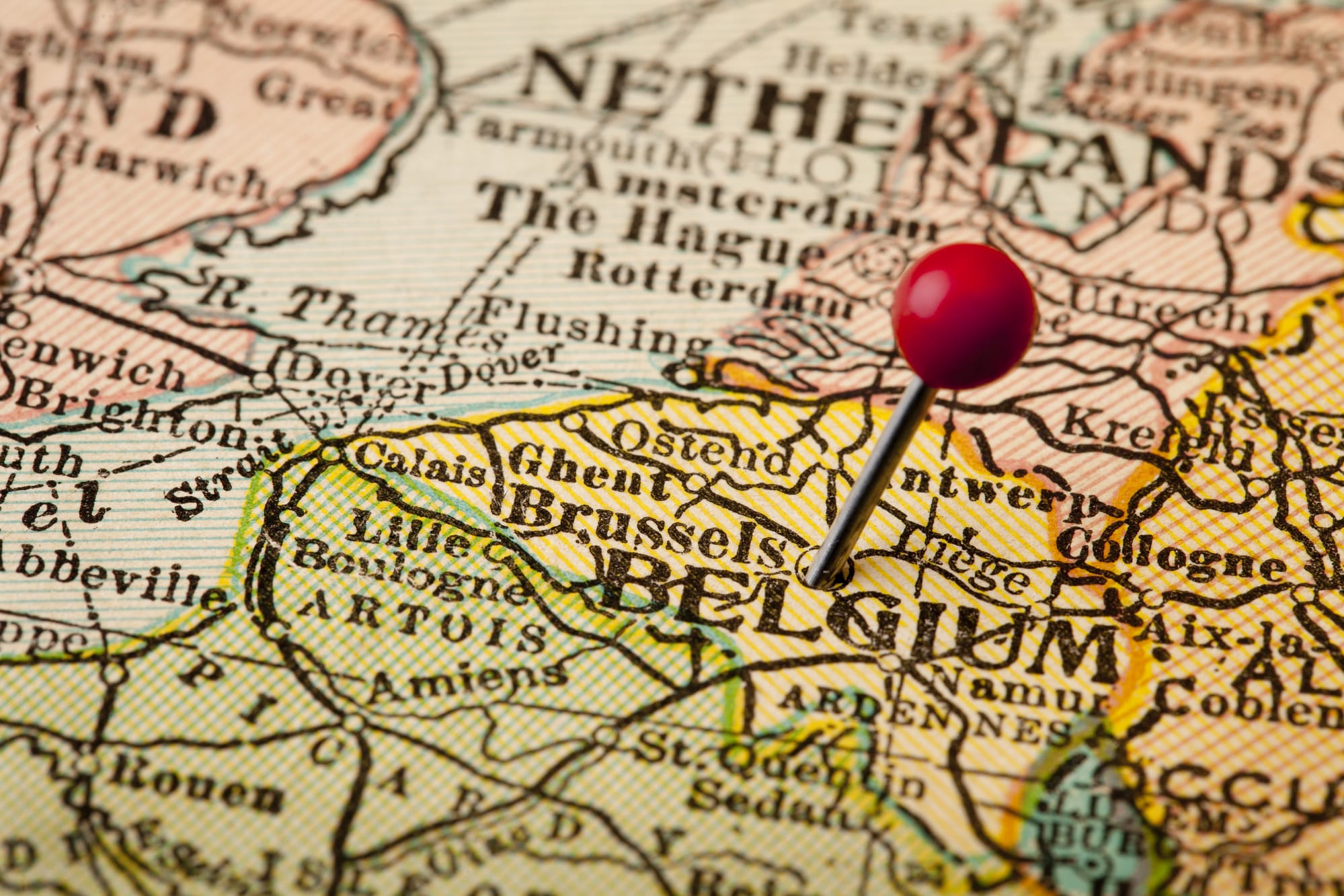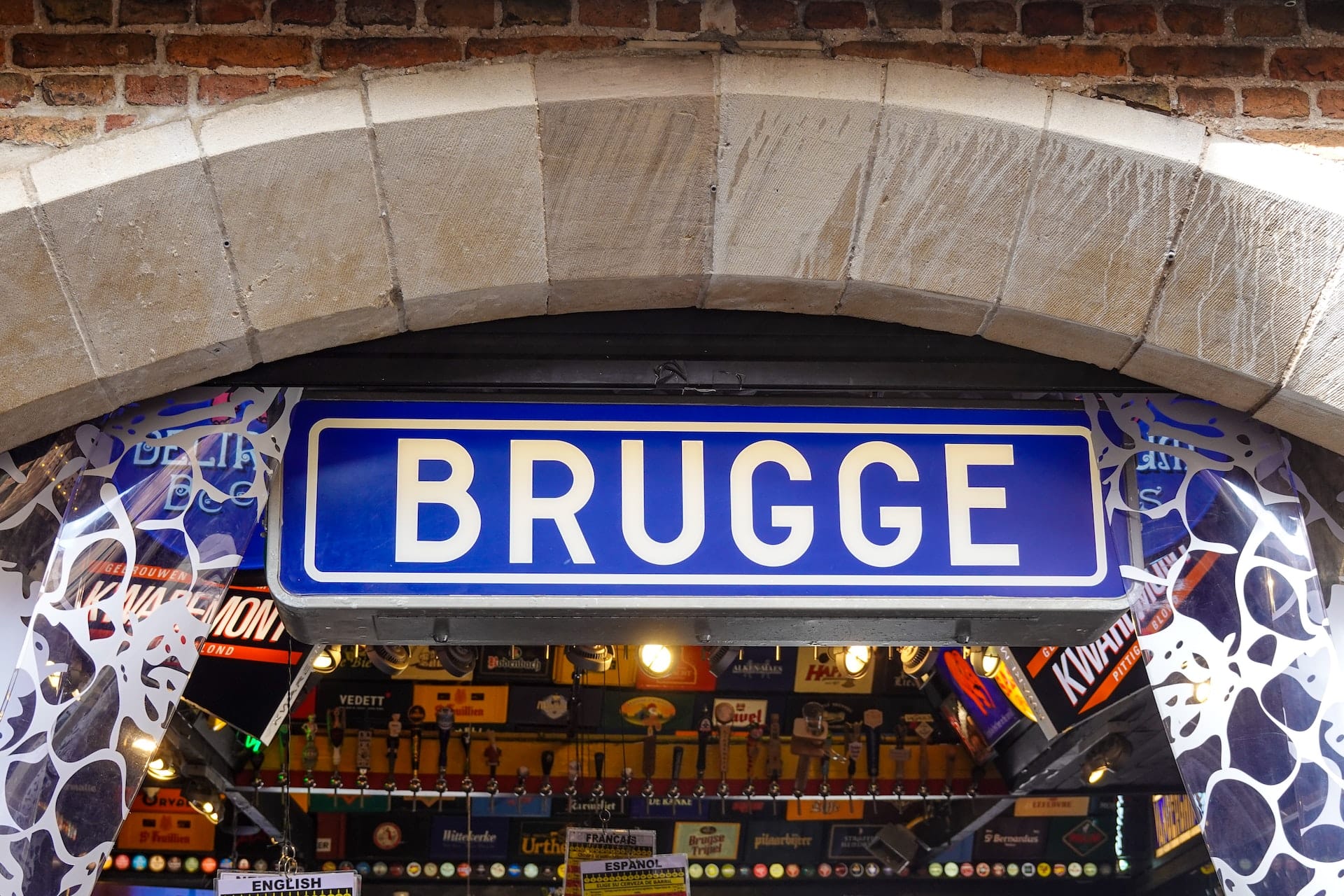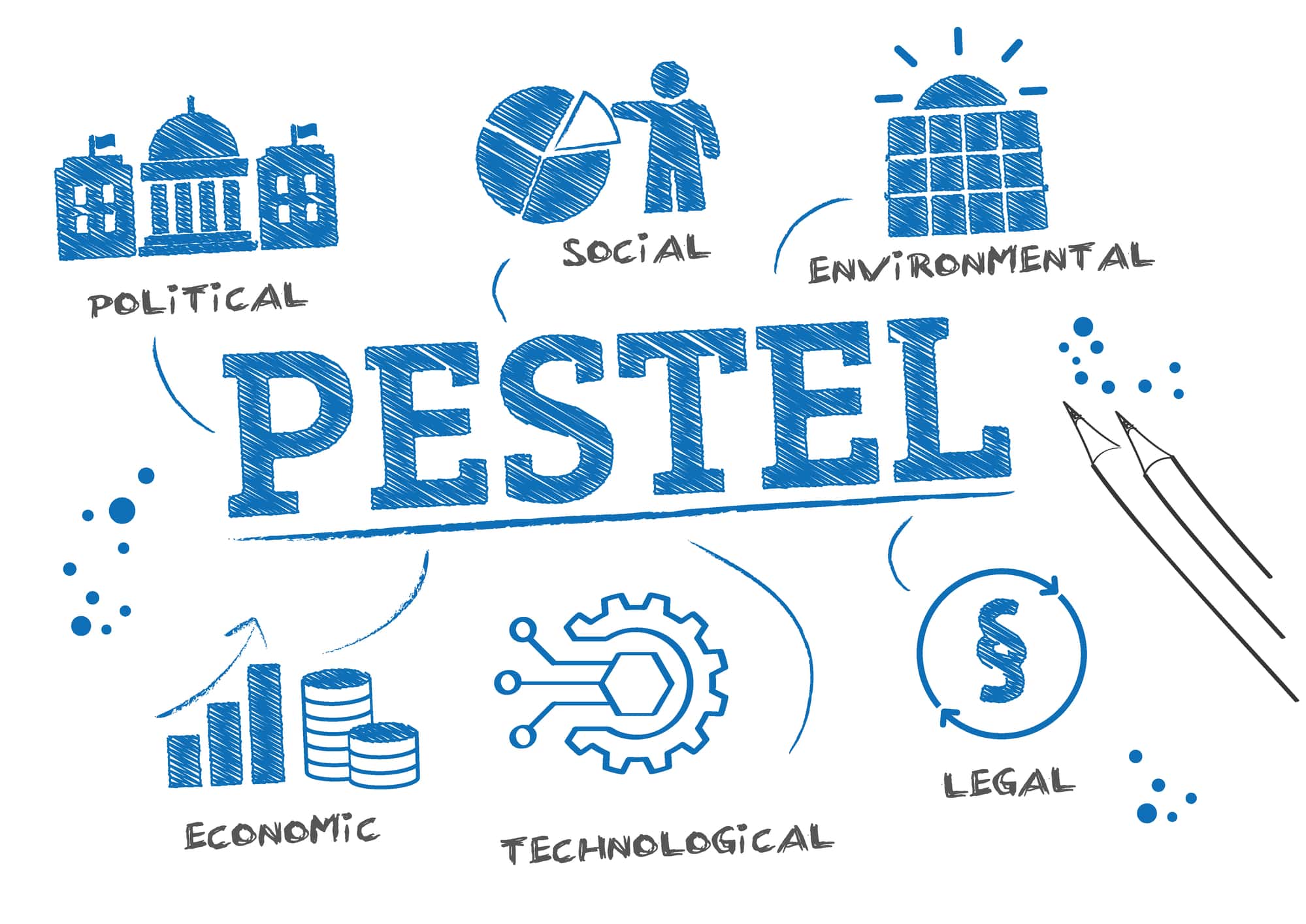Our PESTLE Analysis of Belgium examines the political, economic, social, technological, legal and environmental factors affecting the European country.
If you are a chocolate lover, it's evident that you would love Belgian chocolates. But have you ever thought about why they are called "Belgian chocolate?" It is because they are manufactured in Belgium.
Belgium is a land of greenery and rich minerals. Tourists from all over the world visit Belgium for one reason or another. Today, we have decided to conduct a PESTLE Analysis of Belgium to see what external factors impact Belgium.
Before proceeding with the Belgium PESTLE analysis, we need to look at the history of Belgium so we know a little about the country.

Belgium has a history that goes back to the ancient Roman era. The land now called Belgium was part of the Roman Empire in ancient times, just like many other European regions.
After that, Belgium was divided into several feudal states in the middle ages. Later in the 15th century, the Burgundian dynasty began its rule in modern-day Belgium. After that, the Habsburgs of Austria got to rule due to political marriages.
In the 15th century, the Spanish took control of Belgium. However, in 1792, French armies invaded Belgium and started ruling the country. During the French rule, a few significant reforms were made.
However, after Napoleon got defeated, the United Kingdom of Netherlands was formed, and Belgium was a part of it. Soon the conflicts between Belgium and the northern states of the Netherlands started.
As a result of these conflicts, Belgium gained independence in 1830. After the independence, Belgium experienced an industrial revolution. Soon it became the most industrialized country in Europe. It also later established its colonies in various parts of Africa.
After less than a century of economic growth and prosperity, Belgium became a part of World War 1, due to which it suffered severe damage. After World War 1, Belgium started its recovery, but unfortunately, a few decades later, World War 2 occurred.
Belgium again bore heavy losses; during the war, it got occupied by Germans until 1945. After World War 2 ended, Belgium started rebuilding and played an important role in forming the European Union.
Belgium is currently one of the most significant countries in Europe. It's the headquarter of NATO and the European Union. In 2021, It had a GDP of $594.1 billion. In addition, Belgium has a low crime rate because it is a developed country.
Moreover, it has a rich culture since people from different ethnicities live there. Therefore, there are a lot of immigrants in Belgium. Also, Belgian nationals are very diverse since Belgium has been subject to many invasions.
Now that we have discussed the history of Belgium and analyzed how it evolved over the years let's proceed further and discuss what PESTLE Analysis is. A PESTLE analysis is used by businesses that analyze what external factors impact a business, industry, or country.
Now that you know the function of PEST analysis, let's proceed further and conduct the PESTLE analysis of Belgium.

Political Factors That Affect Belgium
Political factors take into account government policies that impact a country. Let's take a look at how various political factors impact Belgium.
One of the political factors that greatly impact any country is the political stability that a country experiences. For example, Belgium is a country that has a constitution of monarchs. However, it is a democratic state.
Belgium has seen a smooth transfer of governments and continued democracy. Hence, it is a politically stable country. Such political stability positively affects Belgium. It encourages tourism and foreign direct investments in the country.
Moreover, political stability gives confidence to local businesses and individuals, due to which economic activity takes place.
Other than that, fiscal policy set by the government impacts Belgium significantly. For example, the tax rates set by the government impact the economy of Belgium. If the government increases tax rates, people would have less to spend. Hence, the economic activity would decrease in the economy.
Moreover, government expenditure is also a significant part of the fiscal policy. This is because the expenditure carried out by the government directly impacts the level of employment and economic activity in the economy.
Suppose the government of Belgium decides to increase its expenditure. In that case, the country's economic activity will increase, and employment will be generated.

Economic Factors That Affect Belgium
Economic factors are the factors that create an impact on the economy of any country. In this section, we will examine how various economic factors impact Belgium.
Inflation tells us the change in the level of prices compared to the previous year. A higher level of inflation makes the products and services in an economy expensive. Hence, the demand for goods and services falls, decreasing economic activity.
Moreover, high inflation causes people's disposable income to decrease. As a result, people start saving money instead of investing. This adversely impacts the economy. Hence, with high inflation levels, Belgium will suffer from a lack of investment and economic activity.
Other than that, interest rates are an integral part of an economy. For example, suppose there are high-interest rates in Belgium. In that case, the country will experience low investments since people would be incentivized to save.
Moreover, taking loans would be difficult for businesses at a high-interest rate. As a result, investment in Belgium would fall because of high-interest rates.
On the other contrary, if interest rates are too low, the spending in the economy would increase, which could cause the economy to burn out.
Furthermore, the exchange rate of Belgium impacts the economy of Belgium. Therefore, if Belgium's exchange rate is stable, the country won't experience fluctuations in its current account.

Social Factors That Affect Belgium
Social factors in an economy are linked with societal and cultural factors. Therefore, let's discuss how various social factors impact Belgium.
The literacy rate refers to the population that is educated in a country. Countries with high literacy rates have skilled labor and an educated workforce that works more efficiently. Belgium has a literacy rate of 99%.
Such a high literacy rate means the workforce of Belgium is highly skilled, educated, and efficient. Moreover, a high literacy rate means that most of the population is employed.
Besides that, Belgium is a very diverse country.
It has people from different cultures and ethnicities. Therefore, having diversity is considered good. However, it can also cause conflicts between different ethnicities. These conflicts can result in protests and mass protests that could cause damage to the country.
Other than that, an increasing percentage of the elderly population is affecting Belgium in many ways; accordion to recent stats, 19.7% of the entire population of Belgium is 65 years old or above.
Such a high percentage of elderly citizens can burden the government since they would have to pay for the pensions of these people. Moreover, the healthcare system of Belgium has to bear the immense pressure of the increasing elderly population.

Technological Factors That Affect Belgium
Various technological factors impact different countries. In this section, we will highlight the technological factors that affect Belgium.
Belgium has a huge number of internet users. More than 92% of people in Belgium use the Internet. Such a high percentage of internet users tends to act as a strength of Belgium - look for more strengths in our SWOT analysis of Belgium.
These people are aware because of their exposure to social media. Moreover, these people don't have to rely on conventional jobs to earn money. Instead, they can make money by working online.
Moreover, good connectivity and Internet access benefit businesses operating in Belgium. These businesses can now sell their products and services to different parts of the world through eCommerce platforms.
Besides that, easy Internet access has increased Belgium's services industry exports. In 2020, Belgium exported services worth $93.3 billion.
Other than that, Belgium has adopted digitalization, due to which it is considered 6th among all countries of the European Union in the integration of digital technology. This provides Belgium with a competitive advantage in the tech industry.
Moreover, Belgium's technological advancements in the renewable energy sector have helped Belgium to increase the production of renewable energy. Earlier, Belgium's share of renewable energy in its consumption was 6%. Now it has reached up to 12%.

Legal Factors That Affect Belgium
Legal factors are the factors related to the legal system of a country. This section of the PESTLE analysis looks at the legal factors that impact Belgium.
Various laws impact Belgium significantly. For example, business laws in Belgium hold great significance since they control business activity in the country. Moreover, they ensure that businesses adopt fair practices and compete healthily.
If Belgium has weak business laws, businesses may not operate fairly. This could impact the efficiency of the market negatively. Moreover, competition may be eliminated due to weak business laws, and monopolies may establish.
Besides that, strong laws that ensure fair business practices would encourage businesses from all over the globe to come and operate in Belgium. This would bring foreign reserves to Belgium and increase its economic activity.
Other than that, labor laws have a significant impact on Belgium. Labor laws in Belgium ensure laborers are treated with respect and have all their rights.
If Belgium has weak labor laws, laborers across the country might come to the streets and protest. This would disrupt the supply chain and ignite civil unrest.
Furthermore, laws related to human rights would also have an impact on Belgium. If Belgium has strict human rights laws that ensure every individual's basic fundamental rights, then investors and workers from across the globe would be willing to come to Belgium.

Environmental Factors That Affect Belgium
Environmental factors impact countries significantly. In this section, we will examine the environmental factors that impact Belgium.
Climate change is a phenomenon causing an increase in the frequency of natural disasters. Countries all over the globe are experiencing economic and human losses due to climate change. In the coming years, Belgium may also face extreme weather, storms, floods, etc.
These natural calamities would cause financial losses to the Belgian economy since infrastructure would be damaged. Moreover, storms and heavy rainfalls can cause traffic jams. As a result, the supply chain of businesses may get disrupted.
Also, storms may damage the telecommunication network or the internet system. Businesses would suffer a lot in that case.
Besides that, Belgium has to restrict its industrial sector from emitting greenhouse gasses since it could result in acid rain and infections.
Diseases caused by air pollution would increase the burden on the healthcare system of Belgium and may lead to its collapse. Activists and watchdogs have also shifted their focus on the environment recently.
Hence, Belgium has to adopt eco-friendly business practices, or else activists and environment protection organizations may demand the closure of businesses that don't have eco-friendly practices.
Similarly, countries might also put sanctions on the goods manufactured by Belgium if its manufacturers don't adopt eco-friendly practices. Again, this will directly impact Belgium's economy negatively.

PESTLE Analysis of Belgium: Final Word
Belgium is a country that has a rich history and diverse culture. It is a country with scenic beauty, always included in every tourist's list. The traces of Belgium can be found even in ancient times.
At that time, Romans ruled this area. After that, many invaders ruled Belgium. French also invaded Belgium and ruled for a couple of centuries. After that, Belgium gained independence and started working on its development.
Belgium got damaged during both world wars. However, it rebuilt itself and kept progressing. Currently, Belgium is the 6th most digitally advanced country in Europe. Moreover, it has a stable economy and political stability.
In this article, we examined the history of Belgium and analyzed what external factors impact Belgium. The PESTLE Analysis framework helps us discuss how various external factors, such as political, environmental, technological, social, legal, and environmental factors, impact Belgium. Now that you are done reading this article, we are sure you must have a complete insight into Belgium. If you want to read more on PESTLE analysis, look at some examples of PESTLE analysis.


